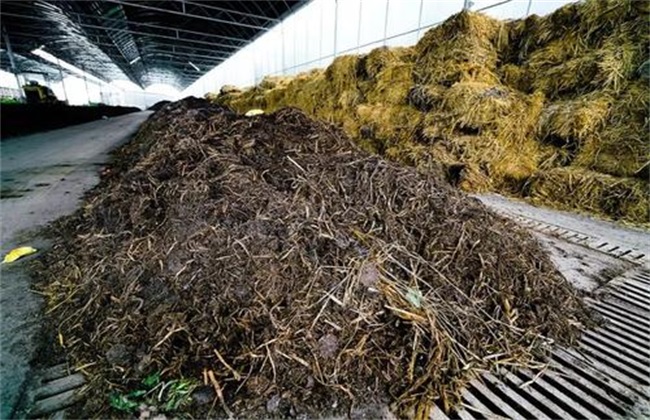What pesticides can't be mixed?
Pesticide is a very important substance in our planting and production. Because crops in the growth process, is easy to produce some diseases, the rational use of pesticides can effectively control. And some pesticides can be of great help to the yield and quality of crops. However, when we use pesticides, some pesticides can not be mixed. So which pesticides can't be mixed? Let's take a look at it with the editor.

1. Produce chemical reaction
When we mix pesticides, we must first understand whether a chemical reaction will occur after the mixture. For example, Bordeaux liquid and stone sulfur mixture, if these two pesticides are applied separately, the disease control effect is very good. But when mixed together, there will be a chemical reaction. There is a precipitate of copper sulfide, which will not only cause the two agents to lose their efficacy, but also form copper ions. It leads to the phenomenon of falling leaves and fruits of crops, and the leaves and fruits are also easy to be burned, resulting in serious drug damage. Therefore, after spraying Bordeaux liquid, it is about a month before spraying stone sulfur mixture.
2. Acid and basic pesticides
At present, the commonly used types of pesticides in the market are generally three types of acids and bases. Such as sodium lead fluoride and lead arsenate are neutral pesticides, while copper sulfate and calcium superphosphate are acidic pesticides. In addition, common pesticides such as Huihui and Bordeaux liquid are alkaline pesticides. If acid and basic pesticides are mixed, it will lead to mutual decomposition, thus destroying the pesticide ingredients, leading to a decline in efficacy and, in serious cases, drug damage. When applying lime or plant ash, organophosphorus pesticides such as fenitrothion and some microbial pesticides should not be used.
3. Destroy the emulsion after mixing
After a lot of pesticides are mixed together, it is very easy to cause the emulsion in the pesticide to be destroyed, and it is not suitable to use the pesticide which destroys the emulsion after mixing. For some calcium-containing pesticides such as stone-sulfur mixture, be careful not to be used with emulsion pesticides or add soap when spraying. Because substances such as EC and soap encounter calcium, it is also very easy to produce chemical reactions, resulting in a calcium soap precipitate, resulting in emulsion damage, decline in efficacy, and even drug damage.
4. Fungicides and microbial pesticides
Many people in the use of pesticides, there will be such a misunderstanding, that is, when using fungicides, the common application of microbial pesticides. In fact, these two pesticides can not be mixed. Because the main effect of fungicides is to eliminate bacteria and other microorganisms. Microbial pesticides are mainly microorganisms, so fungicides will have an effect on microorganisms in microbial pesticides. If mixed together, it will cause the microbes in the microbial pesticide to be killed and cause the microbial pesticide to lose its efficacy.
The above is a brief introduction to what pesticides can not be mixed. That's all for today's introduction. This article is for reference only. I hope it can help you all.
Related
- Fuxing push coffee new agricultural production and marketing class: lack of small-scale processing plants
- Jujube rice field leisure farm deep ploughing Yilan for five years to create a space for organic food and play
- Nongyu Farm-A trial of organic papaya for brave women with advanced technology
- Four points for attention in the prevention and control of diseases and insect pests of edible fungi
- How to add nutrient solution to Edible Fungi
- Is there any good way to control edible fungus mites?
- Open Inoculation Technology of Edible Fungi
- Is there any clever way to use fertilizer for edible fungus in winter?
- What agents are used to kill the pathogens of edible fungi in the mushroom shed?
- Rapid drying of Edible Fungi



